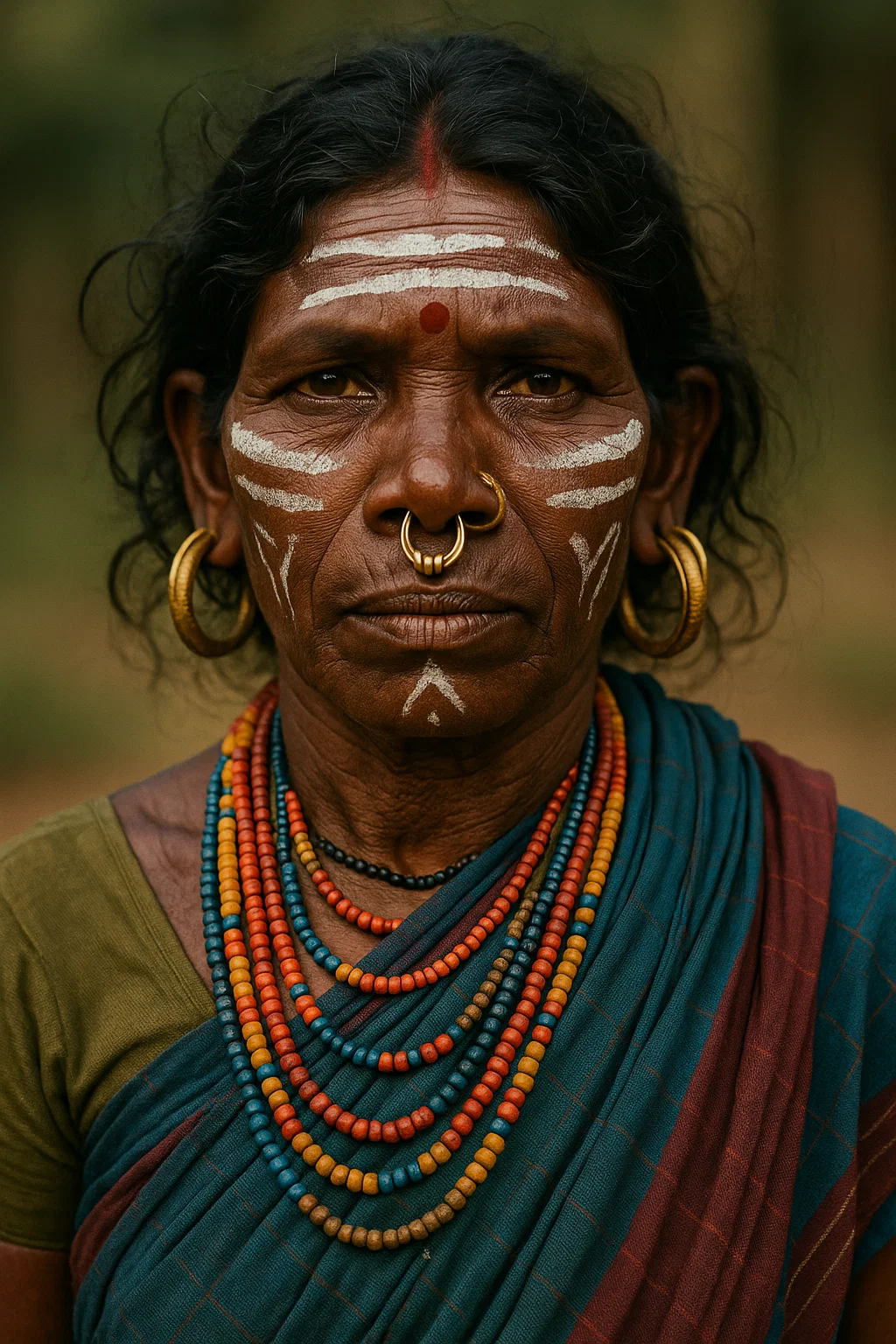Subtotal $0.00
The Jenu Kuruba tribe is a fascinating indigenous community living in the lush forests of Karnataka, India. Known as “honey gatherers,” they have a deep connection to the forests of the Western Ghats. This guide shares simple and clear information about their lifestyle, traditions, challenges, and importance.
Who Are the Jenu Kuruba?
The Jenu Kuruba are one of Karnataka’s oldest tribal groups. They live in small settlements called “Hadi” in districts like Mysuru, Kodagu, and Chamarajanagar. Their homes are often near or within forests, including Nagarhole and Bandipur National Parks. The name “Jenu Kuruba” comes from “Jenu” (honey) and “Kuruba” (their community), reflecting their skill in collecting wild honey.
Their Traditional Lifestyle
The Jenu Kuruba are experts in gathering honey from beehives high in forest trees. They use traditional methods, like climbing trees with ropes and using smoke to calm bees. They also collect forest resources such as fruits, roots, and herbs, which they use for food and medicine. Some Jenu Kuruba work as farmers or laborers, but their heart lies in the forest.
Interesting Fact
While collecting honey, the Jenu Kuruba sing special songs to show respect to the bees and the forest spirits.
Culture and Traditions
The Jenu Kuruba have a rich culture tied to nature. They worship forest animals like tigers and snakes, as well as trees and spirits. Their language, Jenu Kurumba, is close to Kannada, the main language of Karnataka. They live in simple homes made of bamboo, mud, or leaves, designed to blend with the forest. Community is very important, and they share food, work, and celebrations together.
Challenges Faced by the Jenu Kuruba
Life is not easy for the Jenu Kuruba. Over the years, many were forced to leave their forest homes due to wildlife conservation laws. For example, in the 1970s and later, families were moved out of Nagarhole National Park to protect tigers. This broke their bond with the forest, making life harder. Here are some key challenges:
- Lack of Forest Rights: The Jenu Kuruba are still waiting for legal rights to live in and use forest land under the Forest Rights Act of 2006.
- Poverty: Outside the forest, many work low-wage jobs, like laborers on farms or plantations, and struggle to afford basic needs.
- Health Problems: Research shows they face issues like malnutrition and stress-related illnesses due to poor living conditions.
- Limited Facilities: Many of their villages lack schools, clean water, or electricity.
Their Struggle for Justice
The Jenu Kuruba are fighting to reclaim their rights. In recent years, they have protested against being removed from forests. For example, in 2020, some families returned to Nagarhole to rebuild their homes, despite opposition from forest officials. They believe the forest is their true home and that they can protect it better than anyone else.
Why the Jenu Kuruba Matter
The Jenu Kuruba have valuable knowledge about living in harmony with nature. They know how to care for the forest and its wildlife without causing harm. Their sustainable way of life is a lesson for the world. If their culture and connection to the forest are lost, we lose important wisdom about protecting the environment.
How to Support the Jenu Kuruba
You can help by learning about the Jenu Kuruba and sharing their story. Organizations like Survival International and local NGOs work to protect their rights. If you visit Karnataka, look for responsible tourism programs that support the tribe, such as guided visits to learn about their honey-gathering traditions.
Conclusion
The Jenu Kuruba tribe is a remarkable community with a unique bond to Karnataka’s forests. Their honey-gathering skills, nature-based culture, and resilience make them special. However, they need support to secure their forest rights and improve their lives. By understanding and spreading awareness about the Jenu Kuruba, we can help protect their heritage and the forests they call home.












